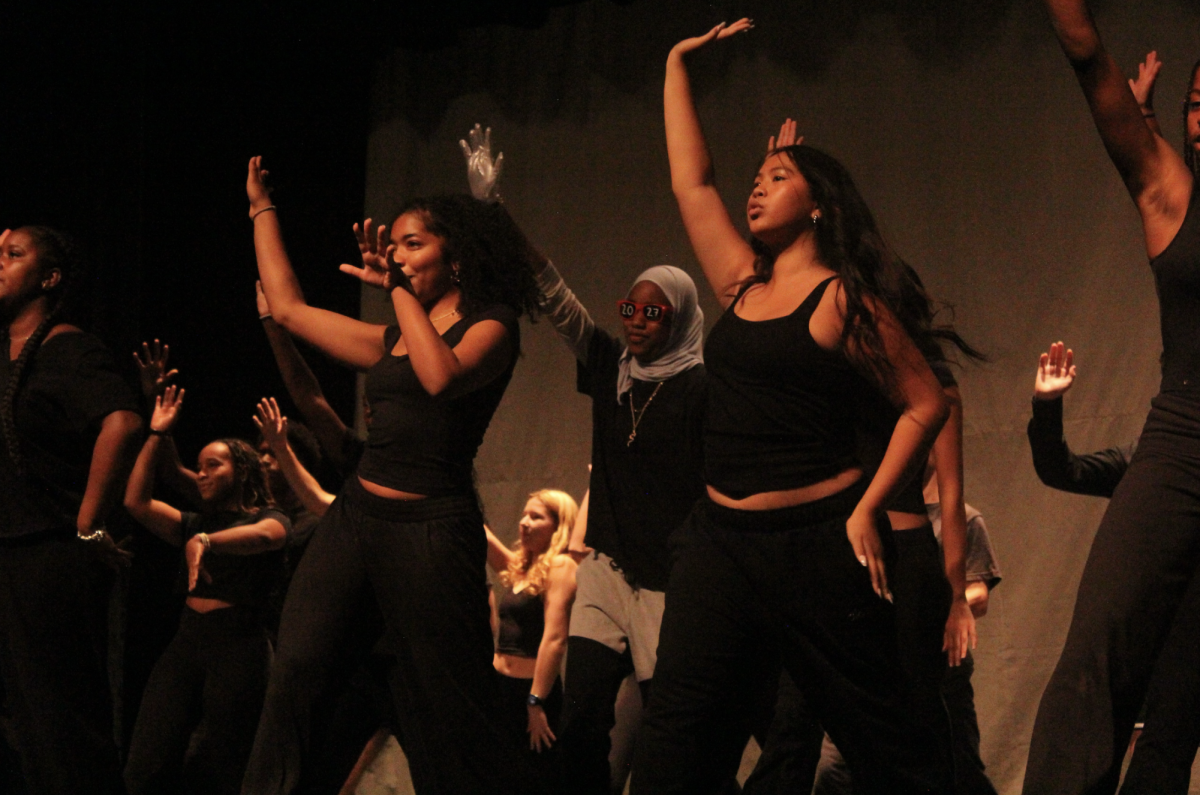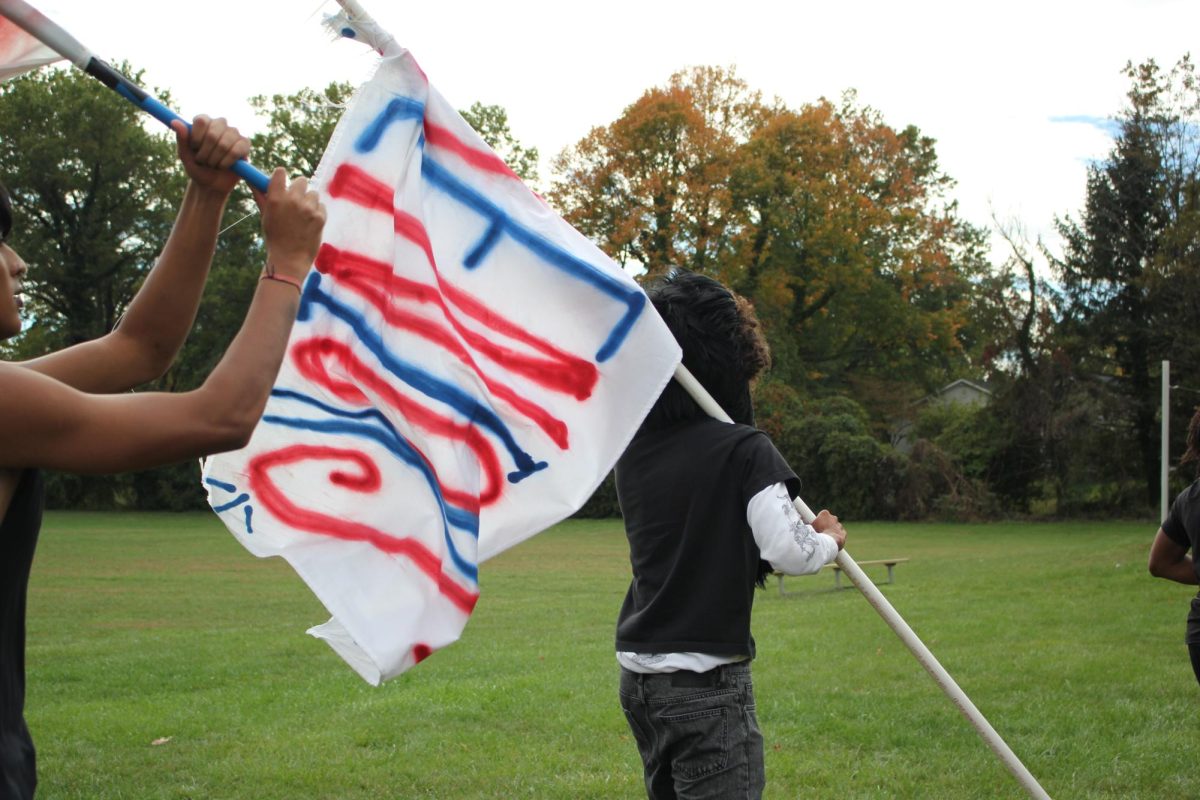The Upper School History department curriculum will undergo major changes over the next two years, including adopting a junior/senior seminar class format and capping the number of students per course.
Currently, all 9th-grade students take 19th Century World History and all 10th-grade students take U.S. History. During the 2020-2021 school year, these two courses will switch.
The 2019-2020 school year will be used as a “transition year,” with all 9th and 10th graders taking U.S. History, according to History Department Chair Clark Thomson.
The reason for the switch, according to Thomson, is because MFS 8th-grade students and most 8th-grade students at other schools take some sort of civics education history class. Those classes “usually have some basis in U.S. History which will allow us to have more of a connection [with] what they have already learned,” said Thomson.
Moreover, Thomson said the switch will allow the department to be able to “focus” the class’s curriculum “in a way that engages 9th graders.”
During the transition year, all history teachers who taught 19th Century World History will teach U.S. History. Staffing for the 2020-2021 school year will be figured out later on, said Thomson.
“The nice thing about having half the school in U.S. History next year is that we have Mock Primary Election,” said Thomson. “We’re going to be fusing that into the curriculum.”
History teacher Eliza McFeely said that while the details are still in flux, she’s hoping to put a spotlight on government and politics. Her 10th grade U.S. History class is known for making a quilt that tells the story of the Industrial Revolution, and she said she is looking at ways where all of the 9th grade and 10th grade could make a giant quilt that could be used for the Mock Primary Election.
The History department will be using the model from the English department’s combined junior/senior seminars to offer a more “dynamic curriculum.”
Thomson said that the department had received different types of “blowback,” from not offering enough options in senior year to not having enough people wanting to take the offered courses. He said the seminar style will allow for more choices, even without a four-year graduation requirement.

Advanced Placement classes will continue to be full year classes. Next year, the department will offer AP U.S. History for 11th-grade students and AP Psychology for 12th-grade students. The department previously offered AP Comparative Government for 12th-grade students.
If the schedule permits, Thomson said the perfect world would be to alternate AP Comparative Government and AP Psychology every year, so students could take one in their junior year and the other in their senior year. Theoretically, Thomson said this means a student could take AP U.S. History while taking another history department AP course. He stressed the scheduling still needs to be worked out, and may not work at all.
Sophomore Bhakti Patel was excited about the change. She said by having 11th and 12th grade in each section, it will allow students to hear a more diverse array of opinions.
Starting in the 2019-2020 school year, there will be a hard cap on the number of students in a history class: 22.
“If we get more than 22 that qualify,…we’re just going to randomly choose. We’re not going to create another section,” said Thomson. “If that means a bunch of parents or students who are upset because the [randomizer tool that scheduler Michael Omilian uses] didn’t give them what they wanted, they can choose to take the other [course] or they can choose not to take History.”
Thomson said in response to concerns about voices who don’t get heard in the history curriculum, the department will offer one semester of Women’s Studies and one semester in Marginalized Groups. The department has offered courses on unheard voices in the past (Modern Middle East and Contemporary Africa), but most students opted to take an AP course or Economics.
The History department meets each year for a retreat, and Thomson said they will continue to discuss how to best implement the changes while there.






